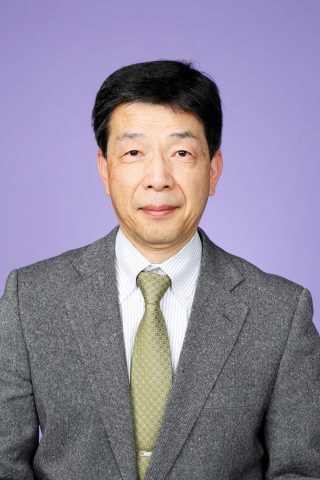Message from the Project Director
Achieving the sustained development of the University through the active participation

Head of L-Station, Hokkaido
University (Professor,
Faculty of Advanced
Life Science)
For Hokkaido University to recognize its social responsibility and achieve sustainable development, the youngest of our teaching staff will have to play active roles in the university’s future operation. In order to attract a flow of competent early-career researchers both from Japan and overseas, Hokkaido University has promoted the tenure-track system in an effort to spread it across the university. Reflecting the fact that many Nobel laureates have won the prize because of research results obtained in their thirties, the tenure-track system at Hokkaido University encourages researchers in that age range by providing them with strong support and an ideal environment in which to concentrate on their research activities.
The tenure-track system at Hokkaido University expects tenure-track teachers not only to be at the top of their own research fields, but also to contribute to helping the university as a whole reach the world’s top level. For this purpose, the system also emphasizes leader development support. One such measure is the “Proposal to the President,” in which tenure-track researchers make a presentation to the president of the university on global issues such as research systems in overseas countries and prospective targets of future research. The system also provides them with opportunities for various outreach activities, including high school and public lectures. Through these activities, we expect those researchers who have promoted to tenured positions to become leaders—first in their respective departments and then in the university overall—and to take a key role in management.
Tenure-track researchers in practice at Hokkaido University voluntarily organize tenure-track member exchange seminars, where they hold series of discussions about each other’s research. Through these discussions, new seeds of collaborative research have been discovered, some of which have already developed into transdisciplinary collaborative efforts. As seen in these examples, the tenure-track system seeks researchers who do not confine themselves within the boundaries of their specialized research fields, but who actively connect with researchers in different fields and cooperate with other people while also demonstrating strong leadership. It is therefore our strong desire to create a future for Hokkaido University in which these passionate researchers can rise to the challenge of its leadership.
